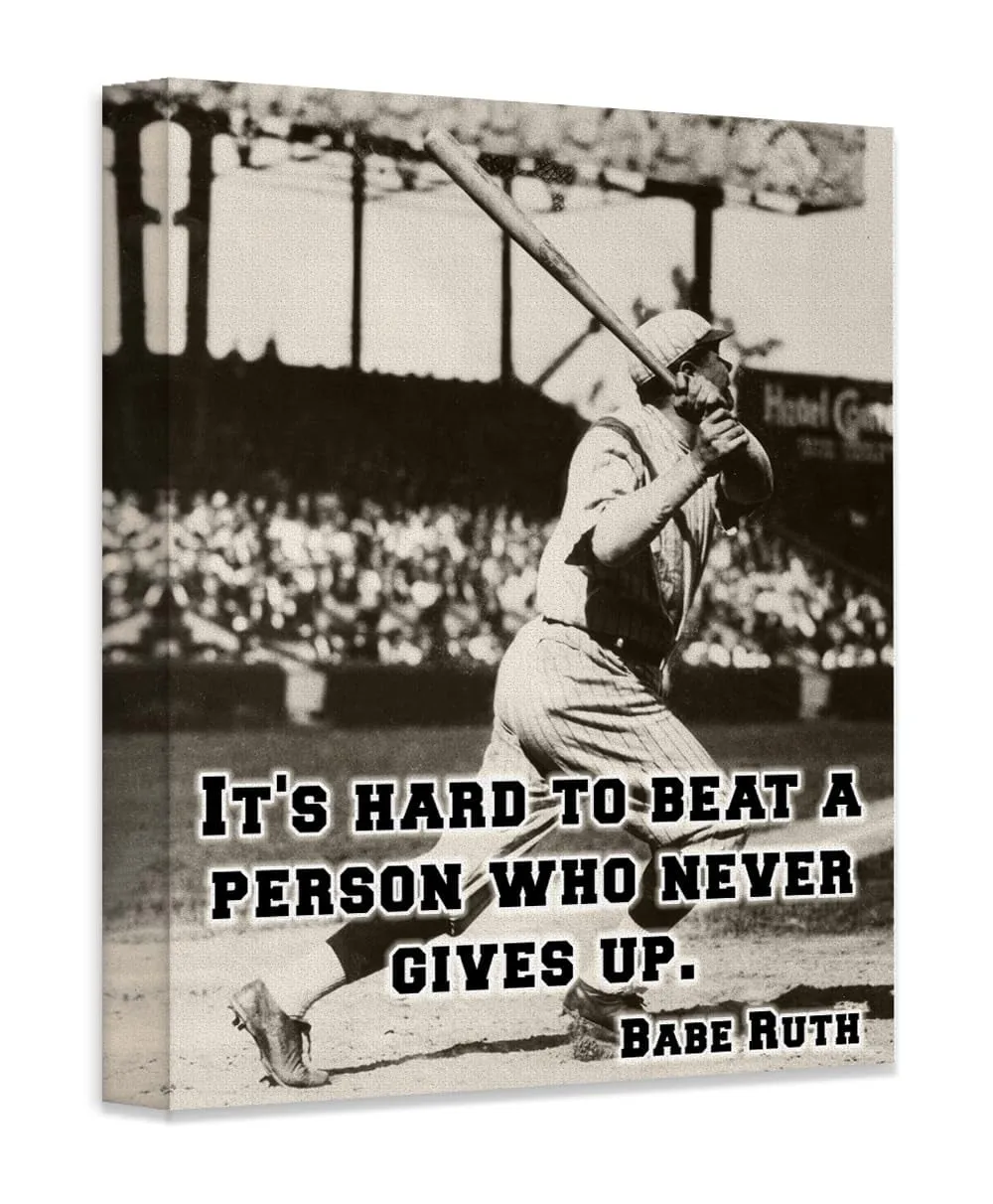“`markdown
Babe Ruth’s Legacy Revisited: The Home Run King Who Changed Baseball Forever
Babe Ruth, born George Herman Ruth Jr. on February 6, 1895, is often hailed as one of the greatest baseball players in history. His journey from a troubled youth in Baltimore to becoming a cultural icon is a testament to his remarkable talent and charisma. Ruth’s legacy transcends statistics; he fundamentally changed the way baseball was played and perceived, leaving an indelible mark on the sport.
Ruth began his professional career as a pitcher for the Boston Red Sox. His early years in baseball were marked by impressive performances on the mound, where he quickly established himself with a record of 18-8 in 1915. However, it was his transition to an outfielder that truly defined his legacy. As he shifted roles, he unleashed an unprecedented power-hitting style that would revolutionize baseball.
In 1920, Ruth hit an astounding 54 home runs, leading the league and changing the game forever. This season not only showcased his incredible talent but also marked the beginning of a new era in baseball, where power hitters became the focal point of the sport. His 1927 season, where he smashed 60 home runs, remains one of the most iconic achievements in sports history, solidifying his status as “The Sultan of Swat.”
Ruth’s larger-than-life personality contributed significantly to his fame. He became a cultural phenomenon in the 1920s, popularizing baseball and attracting fans to the ballpark. His time with the New York Yankees was particularly transformative; he helped the team win seven World Series titles and became a key figure in establishing the Yankees as a dominant force in baseball. The 1927 Yankees, often referred to as “Murderer’s Row,” are considered one of the greatest teams in baseball history.
Ruth’s impact extended beyond the field. He was a cultural icon, symbolizing the exuberance of the Roaring Twenties. His rivalry with fellow slugger Ty Cobb and later with players like Lou Gehrig and Hank Aaron highlighted the competitive spirit of the era. Ruth’s famous “called shot” during the 1932 World Series, where he allegedly pointed to the outfield before hitting a home run, remains a topic of debate and fascination among fans and historians alike.
Despite his incredible achievements, Ruth’s life was not without challenges. His early years were marked by hardship, growing up in a poor neighborhood and spending time in a reform school. These experiences shaped his character and determination, fueling his drive to succeed. Off the field, Ruth’s charitable work and tumultuous personal life add depth to his legacy, showing that he was more than just a baseball player.
Ruth’s health struggles later in life, including his battle with cancer, brought attention to the importance of health and wellness in sports. He passed away on August 16, 1948, leaving behind a legacy that continues to inspire players and fans alike. His jersey number 3 was retired by the New York Yankees, a testament to his lasting impact on the franchise and the sport.
The influence of Babe Ruth is still felt today. Numerous players cite him as an inspiration, and his legacy is celebrated annually on Babe Ruth Day, honoring his contributions to baseball. The Babe Ruth Museum in Baltimore serves as a tribute to his life and career, preserving artifacts and memorabilia for future generations.
In conclusion, Babe Ruth’s legacy is one of triumph, transformation, and inspiration. He changed the game of baseball forever, setting records that stood for decades and shaping the culture of the sport. His story continues to resonate, reminding us of the power of determination, talent, and the impact one individual can have on a beloved pastime. As we revisit his legacy, we celebrate not only the player but the cultural icon who helped save baseball during challenging times and inspired generations to come.
“`






Leave a Comment